RLM Fellowship Committee
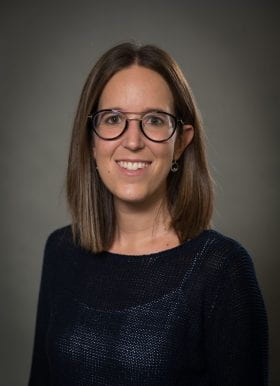
Farners Amargant i Riera, PhD
Assistant Professor of Obstetrics & Gynecology
- Email: farners@wustl.edu
The Riera Lab uses a multidisciplinary approach to investigate how biochemical and biomechanical signaling from the ovary regulates folliculogenesis and oocyte quality, and whether these mechanisms are altered in reproductive-associated diseases such as PCOS and aging.

Naomi Dirckx
Assistant Professor, Orthopedic Surgery
- Email: dirckx@wustl.edu
My lab studies the role of the citrate transporter SLC13A5 in bone mineralization throughout growth and aging, as well as the systemic implications of altered citrate partitioning in skeletal tissues by targeting osteogenic citrate metabolism.
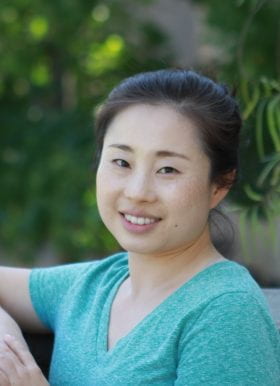
Claudia Han
Assistant Professor, Pathology and Immunology
- Email: claudiah@wustl.edu
We are interested in understanding the epigenetic mechanisms underlying the immune system’s contribution and response in neurodevelopmental and neurodegenerative diseases. We utilize both mouse and stem cell derived models.
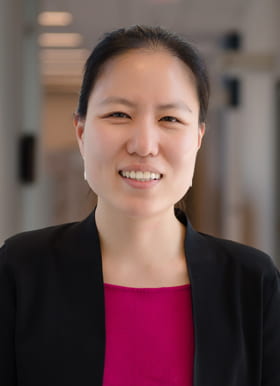
Miriam Kim
Assistant Professor, Oncology
- Email: miriamykim@wustl.edu
Focused research on rational manipulation of human hematopoietic cells for the treatment of disease by combining genetically engineered hematopoietic stem cells and chimeric antigen receptor T cells for therapy of acute myeloid leukemia.
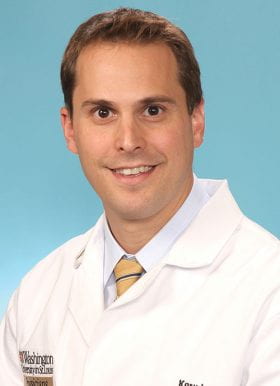
Kory Lavine, MD, PhD
Associate Professor, Division of Cardiology, Department of Medicine
- Email: klavine@wustl.edu
The Lavine lab studies heart development and the role of macrophages in cardiac recovery and reprogramming.

Hua Pan, PhD
Associate Professor, Department of Medicine
- Email: hpan@wustl.edu
The Pan Lab is studying the basic conception, development, and clinical application of novel nanostructures that serve as safe and effective delivery vehicles for therapeutic nucleotides to mitigate diseases including arthritis and cancer treatment induced vital organ injury.
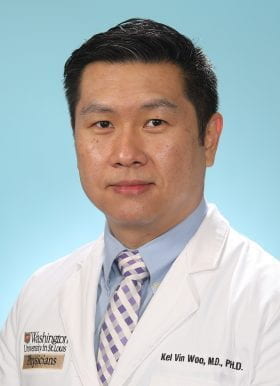
Kel Vin Woo, MD, PhD
Instructor of Pediatrics
- Email: woo_k@wustl.edu
The Woo lab studies vascular remodeling from the perspective of endothelial and smooth muscle cell reprogramming as induced by hypoxia.